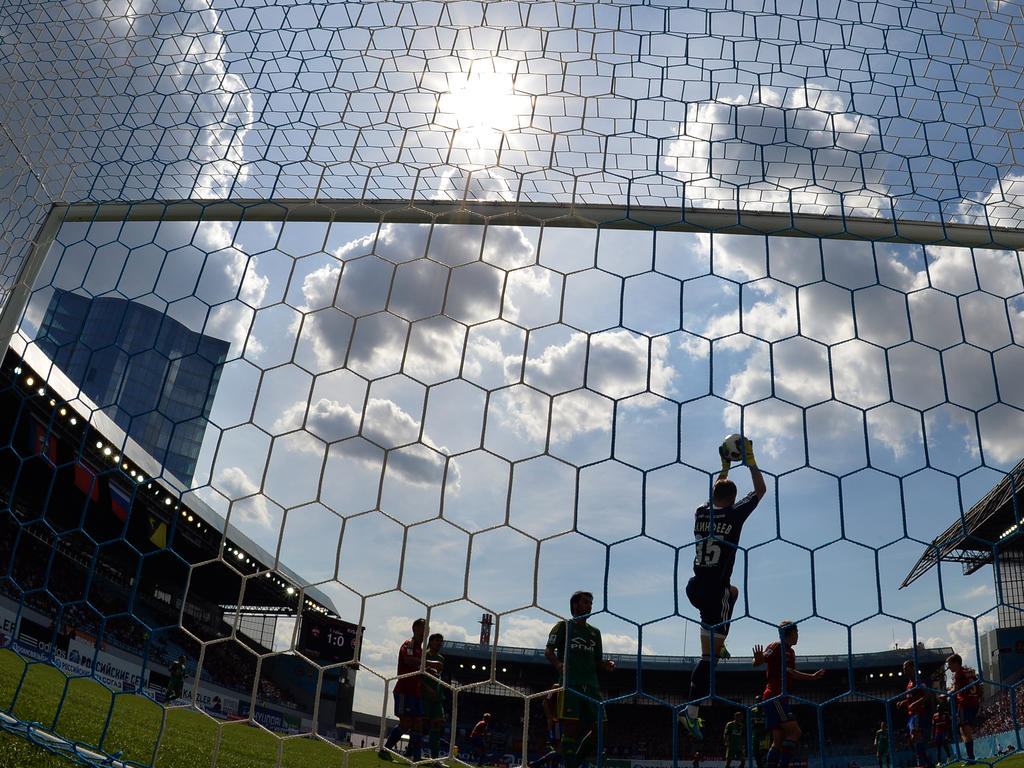Olympics: Putin stakes reputation on Sochi Games

Russian President Vladimir Putin has staked his personal reputation on the success of the Sochi Olympic Games, which the Kremlin wants to stand as a symbol of Russia's status as a world power.
Few Winter or Summer Games in recent memory have become so associated with the name of one individual and Putin has spearheaded the Sochi project from the successful bid in 2007 up to the opening ceremony on Friday.
Yet Putin has himself become so much a personification of these Games that any shortcomings in their organisation or even a poor performance by the Russian team could reflect badly on him, analysts said.
Putin revealed in excerpts of a documentary broadcast on Russian state television at the weekend that over a decade ago he had chosen the site of the Sochi Games himself.
"It is particularly nice for me to see what is happening here as I chose this place personally," Putin said on the slopes at the Olympic alpine centre of Krasnaya Polyana.
"In 2001 or 2002 I came in in my little UAZ (Russian jeep) and we went around here, came out at this river and I said 'let's begin here'," said Putin.
Putin has now been in power for over 14 years, a period during which Russia has repeatedly sought to reassert its status as a world superpower after the chaos of the 1990s.
But clearly he considers the hosting of the Olympics to be one of the key moments of his rule for which he deserves to be remembered in the history books.
"Hosting the Olympics was a personal project for Putin, a man who thinks about history and what is going to be written about him," said pro-Kremlin political analyst Dmitry Orlov.
Putin has made the hosting of key sporting events a centrepiece of a drive to show the world that post-Soviet Russia is a force to be reckoned with and capable of hosting world class events.
As well as the Olympics, Russia will be hosting the football World Cup in 2018 and while Russia's first ever Formula 1 Grand Prix will take place in Sochi later this year.
But when Putin won the right to host the Olympics in 2007, Russia was at the peak of its pre-crisis growth rates and the Russian strongman enjoying unmatched levels of popularity.
Growth for 2013 stands at scarcely more than one percent and the rouble is now coming under sustained pressure. Putin's own popularity ratings have also eroded, although he remains by far the most popular politician in Russia.
In 2007 Putin had promised that Russia "was capable of impressing the world by organising a great sporting celebration," said analyst Maria Lipman of the Carnegie Centre.
"Now it is much harder to convince that Russia is on the good path," said Lipman.
She expressed doubts that Russia would transform its image in the world with the Games but said Putin may be able to "score some additional points" following diplomatic successes on Syria and Iran.
The Games have never been out of the firing line of critics, with the total price tag of $50 billion leaving ample scope for allegations of corruption in the tendering and construction process.
Meanwhile, there is risk of attacks from militants from the nearby Northern Caucasus region and the controversy over the notorious law passed by the Russian parliament outlawing gay propaganda.
For pro-opposition political analyst Dmitry Oreshkin, the Games are a risk as much as an opportunity for Putin.
"He must be nervous as one should be before taking an exam and if something does not go well then you are going to fail the exam."
"In the best case scenario, the Olympic Games will show that Russia is a country like any other. But there are far more chances for finding a failure than reaping the benefits," he added.
He added: "In 2007, Russia and Putin were different. Now Putin will not be forgiven for anything."






![Jeux Olympiques [Femmes]](https://s.hs-data.com/bilder/wettbewerbe/50/299.gif)
